
Find Help
More Items From Ergsy search
-

What is Huntington's disease?
Relevance: 100%
-
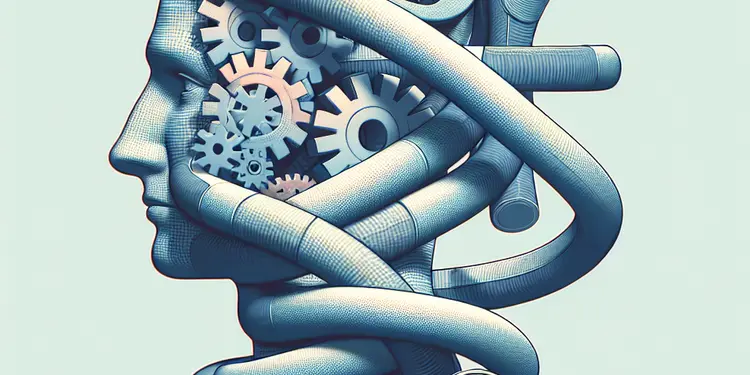
Is Huntington's disease fatal?
Relevance: 100%
-
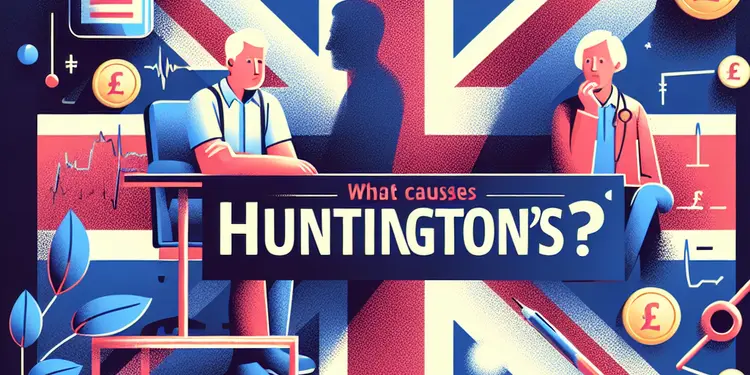
What causes Huntington's disease?
Relevance: 96%
-

How is Huntington's disease diagnosed?
Relevance: 96%
-
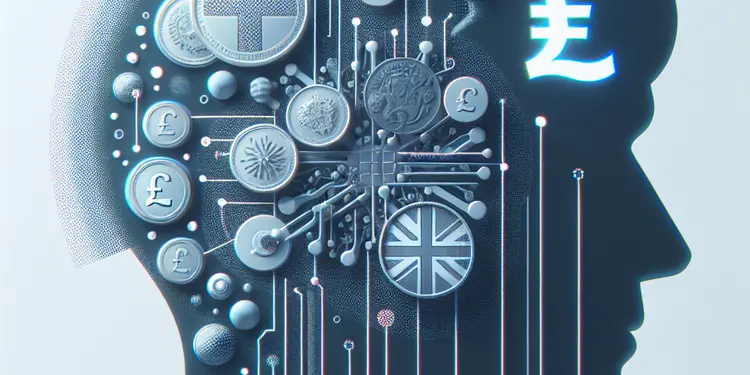
Can Huntington's disease be cured?
Relevance: 95%
-
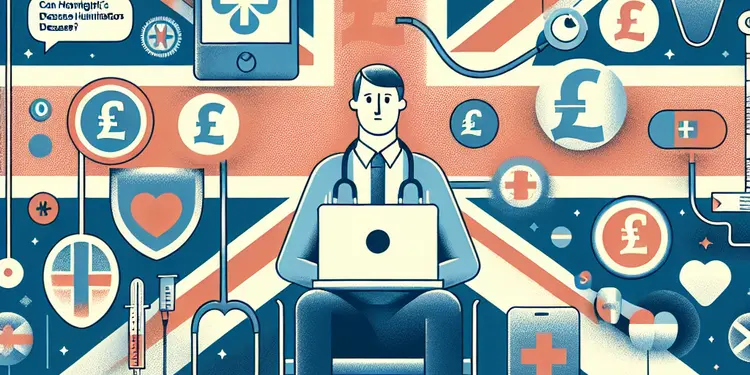
Can Huntington's disease be prevented?
Relevance: 95%
-
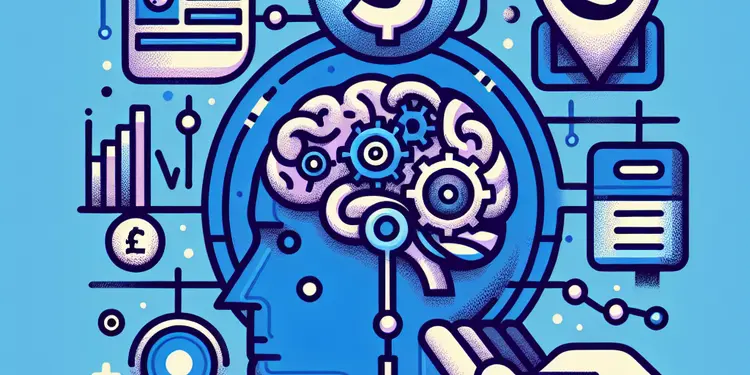
What are the symptoms of Huntington's disease?
Relevance: 95%
-

What research is being done on Huntington's disease?
Relevance: 91%
-
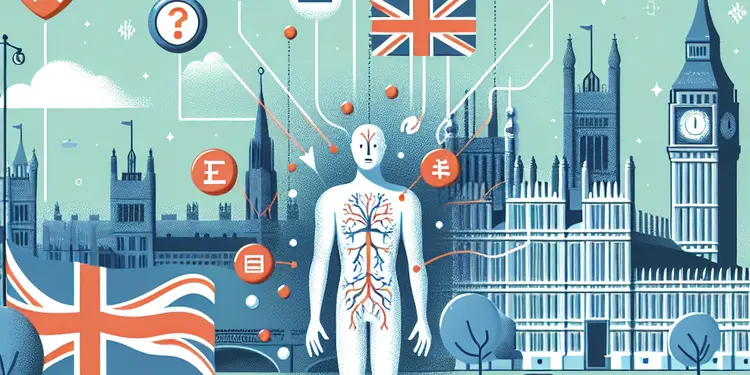
How does Huntington's disease affect emotions?
Relevance: 89%
-

How does Huntington's disease affect movement?
Relevance: 89%
-
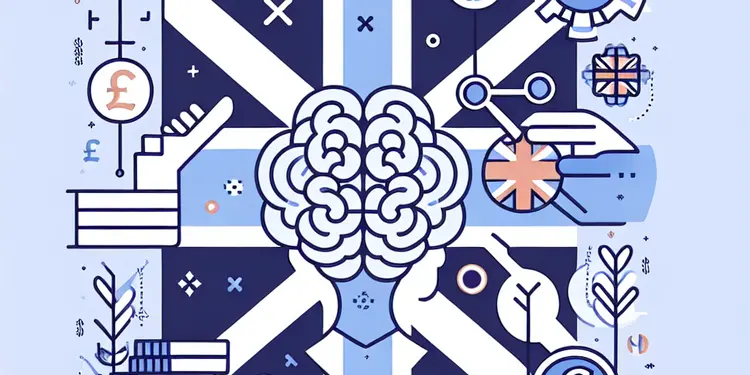
How does Huntington's disease affect cognition?
Relevance: 89%
-
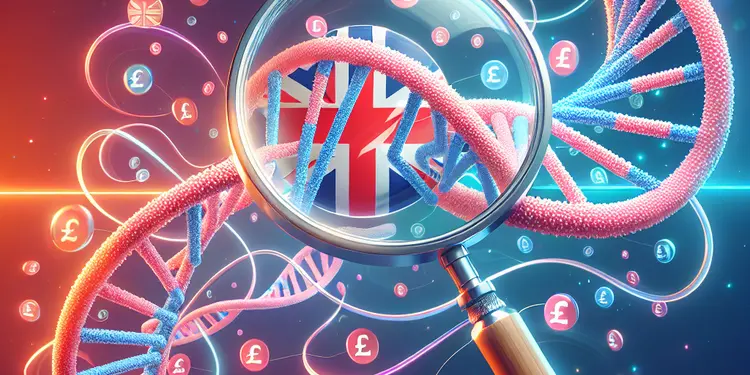
What is the role of genetic testing in Huntington's disease?
Relevance: 87%
-

At what age do symptoms of Huntington's disease typically appear?
Relevance: 87%
-
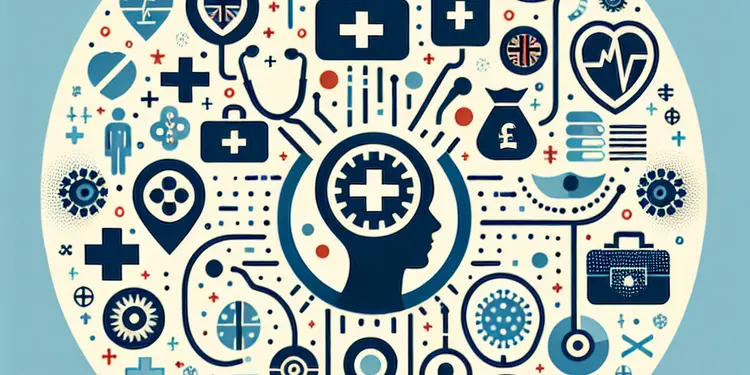
What kinds of specialists are involved in treating Huntington's disease?
Relevance: 86%
-

Can lifestyle changes help manage Huntington's disease?
Relevance: 83%
-

How is Huntington's disease inherited?
Relevance: 69%
-
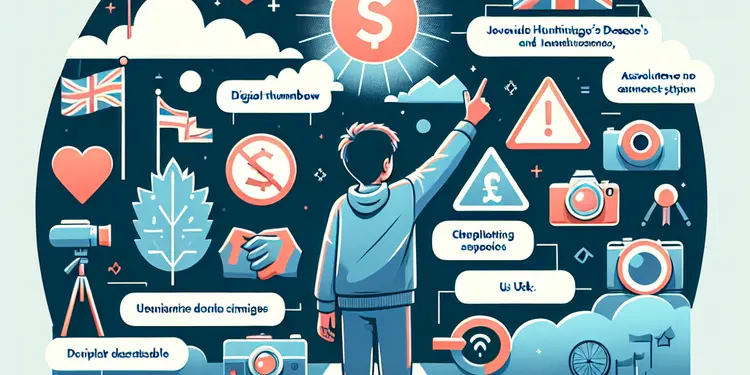
What is Juvenile Huntington's disease?
Relevance: 69%
-

Are there treatments available for Huntington's disease?
Relevance: 69%
-
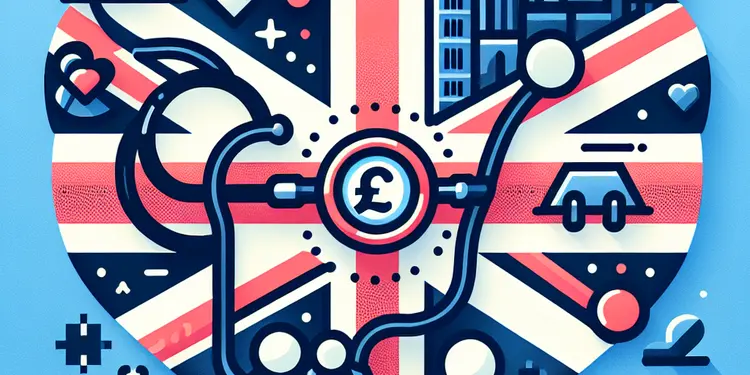
What support is available for families affected by Huntington's disease?
Relevance: 60%
-
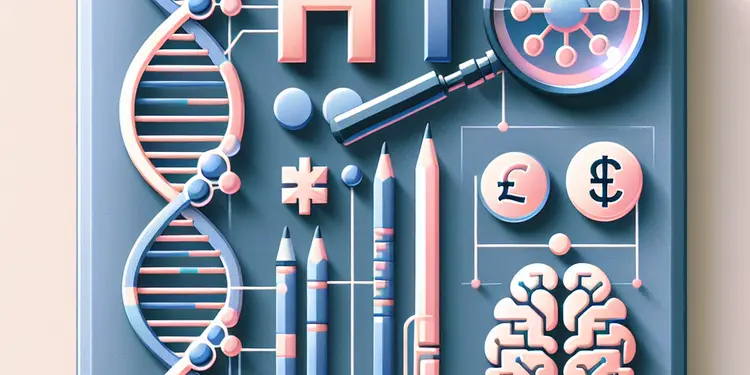
What role does the HTT gene play in Huntington's disease?
Relevance: 57%
-
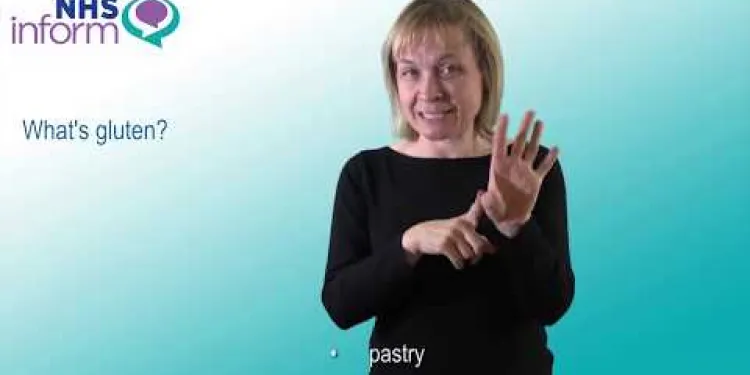
Coeliac disease
Relevance: 33%
-
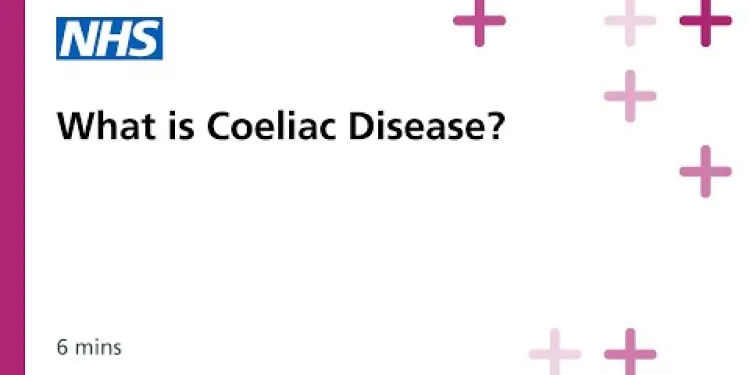
Coeliac Disease: Session 1: What is Coeliac Disease?
Relevance: 33%
-

What is Lyme Disease?
Relevance: 32%
-

Liver disease | NHS
Relevance: 32%
-
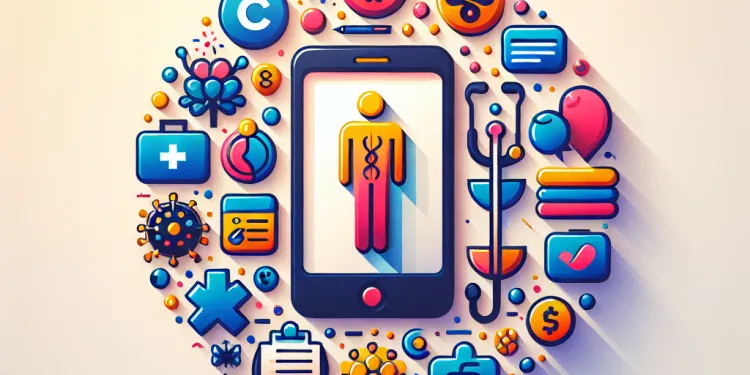
Is Crohn's disease contagious?
Relevance: 32%
-
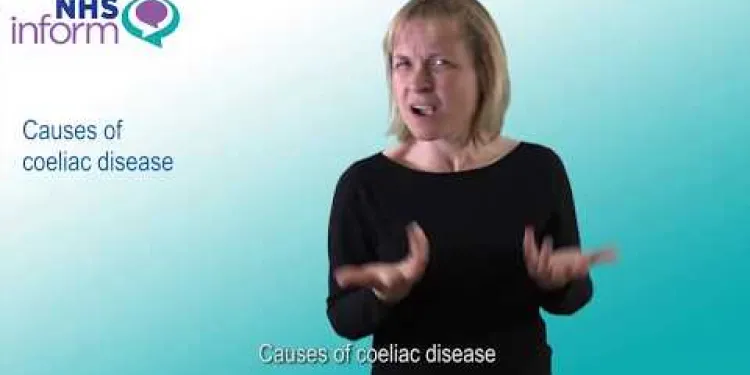
Causes of coeliac disease
Relevance: 32%
-
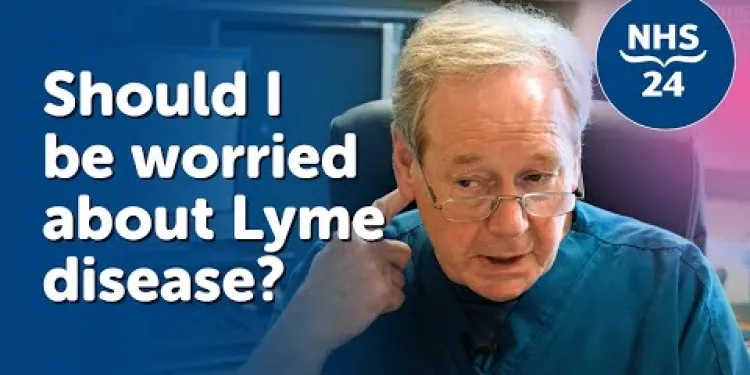
Lyme disease: What is it?
Relevance: 32%
-
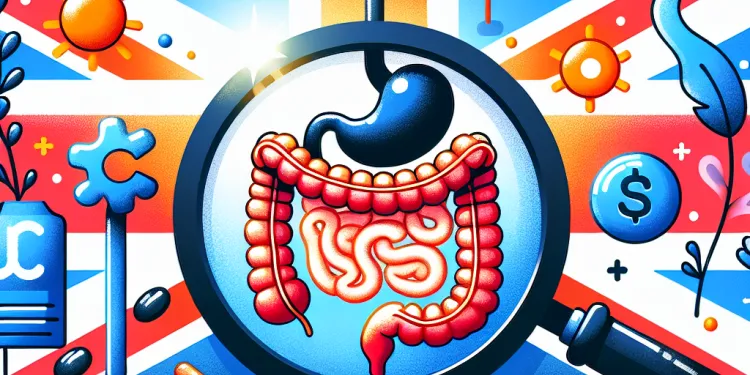
Is there a cure for Crohn's disease?
Relevance: 32%
-
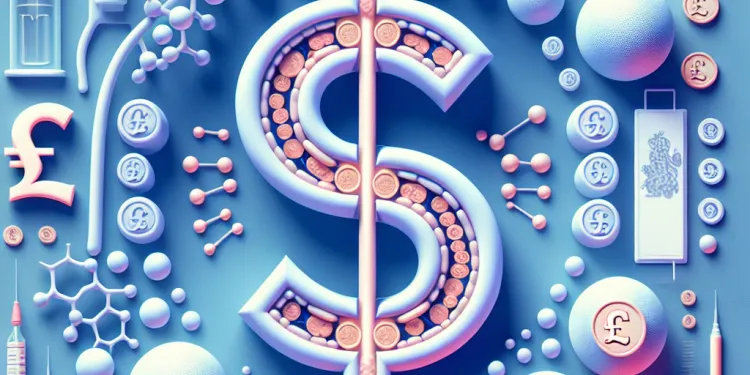
What is Mitochondrial disease?
Relevance: 32%
-
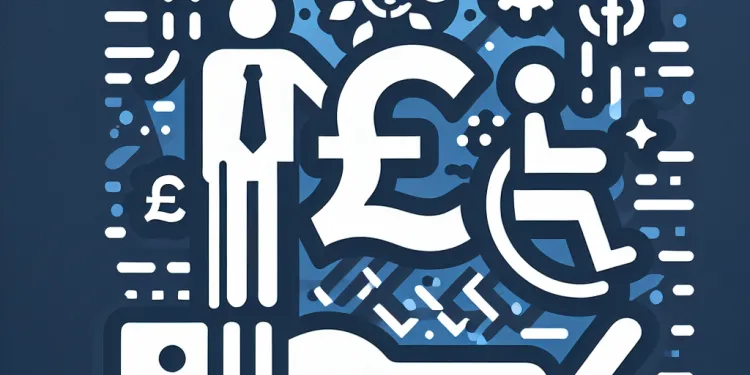
What is Parkinson's disease?
Relevance: 31%
-

Is there a vaccine for Lyme disease?
Relevance: 31%
-

Is flesh-eating disease contagious?
Relevance: 31%
-
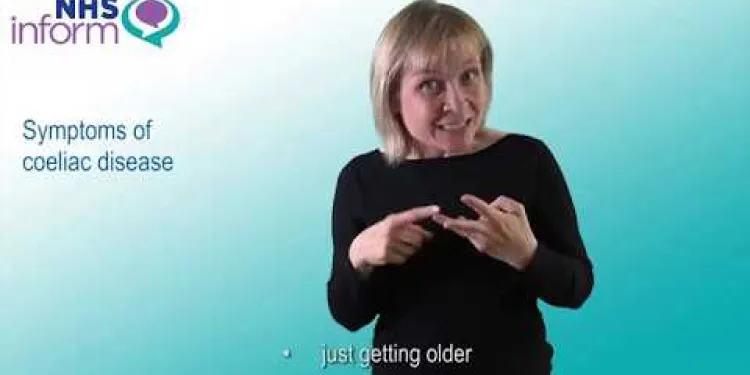
Symptoms of coeliac disease
Relevance: 31%
-

Do UK mosquitoes carry diseases?
Relevance: 31%
-
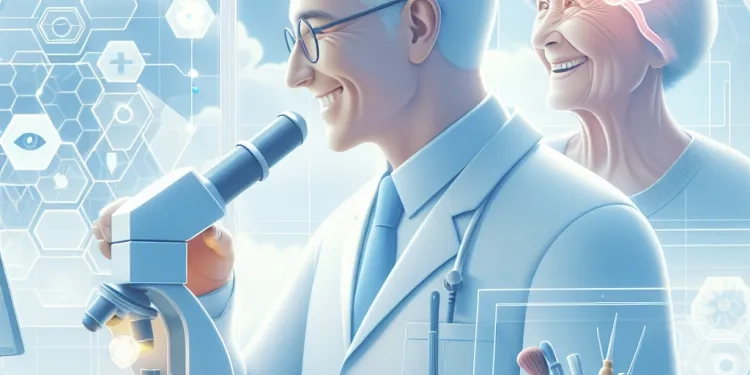
What is Alzheimer's disease?
Relevance: 31%
-
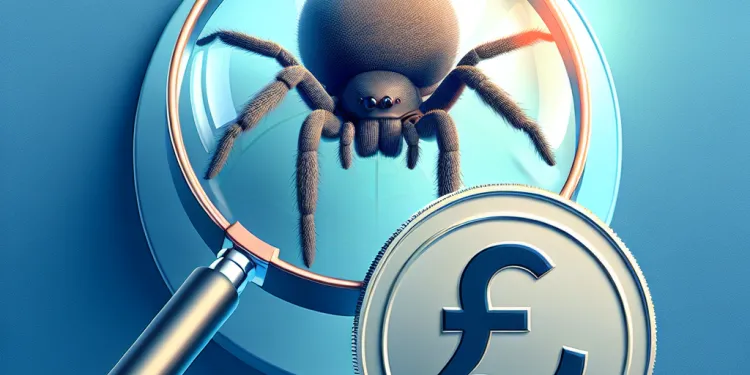
Do spiders in the UK carry diseases?
Relevance: 31%
-
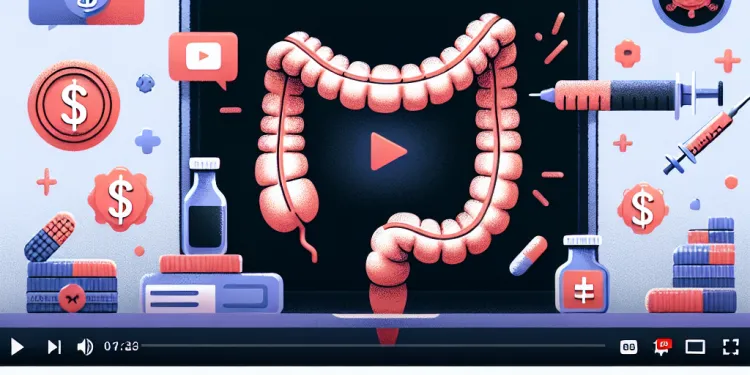
What causes Crohn's disease?
Relevance: 30%
-
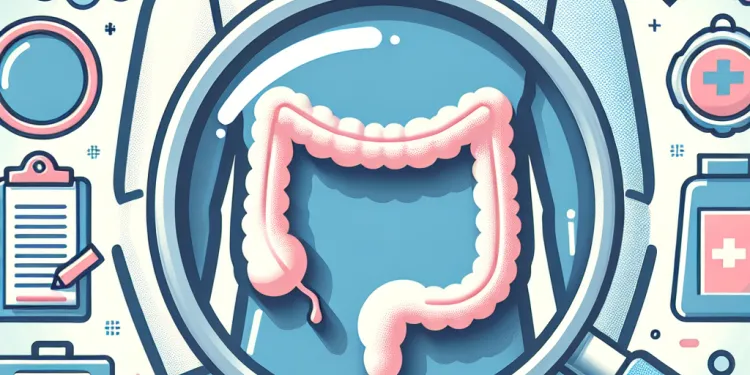
How is Crohn's disease diagnosed?
Relevance: 30%
-

Can Lyme disease be treated?
Relevance: 30%
-

How is Lyme disease transmitted?
Relevance: 30%
What is Huntington's Disease?
Huntington's disease is a progressive brain disorder caused by a single defective gene on chromosome 4. This defect is dominant, meaning that anyone inheriting it from a parent will eventually develop the disease. The condition is named after George Huntington, the physician who first described it in the late 19th century.
Genetic Causes
The genetic anomaly that causes Huntington's disease consists of a sequence of DNA, specifically a CAG repeat, that is longer than normal. In individuals without Huntington's, this sequence is repeated 10-35 times. However, those with the condition have 36 or more repeats. The greater the number of repeats, the earlier the onset of symptoms tends to be. The disease causes an abnormal version of the huntingtin protein to be produced, leading to the gradual degeneration of neurons in specific areas of the brain.
Symptoms of Huntington's Disease
Symptoms of Huntington's disease typically begin between the ages of 30 and 50, although they can appear earlier or later. The symptoms can be broadly categorized into three groups: movement disorders, cognitive decline, and psychiatric problems. Movement disorders include involuntary jerking or writhing movements, muscle problems, impaired posture and balance, and difficulty with speech and swallowing. Cognitive abilities often decline over time, leading to issues with organization, concentration, and impulse control. Psychiatric problems may include depression, apathy, and irritability.
Diagnosis and Testing
The diagnosis of Huntington's disease is based on a combination of medical history, clinical examination, and genetic testing. A neurologist will typically conduct a physical examination and discuss the symptoms. Genetic testing can determine whether an individual carries the abnormal gene responsible for the disease. Testing may be accompanied by psychological counseling, as a positive diagnosis has significant implications for the individual and their family.
Treatment and Management
As of now, there is no cure for Huntington's disease, and treatment focuses on managing symptoms and improving quality of life. Medications can help control movement disorders and psychiatric symptoms. Therapies such as occupational therapy, physical therapy, and speech therapy also play critical roles in managing the disease's progression. In addition, support from healthcare professionals, family, and patient support groups is vital for those affected by the disease.
Living with Huntington's Disease
Living with Huntington's disease poses significant challenges, both for those diagnosed and their families. It is essential to develop a comprehensive care plan that addresses medical needs as well as emotional and practical support. As the condition progresses, care may shift towards palliative measures, focusing on comfort and quality of life. Education about the disease and active participation in a support network can provide valuable resources and encouragement for families dealing with Huntington's.
What is Huntington's Disease?
Huntington's disease is a sickness that affects the brain. It happens because of a problem with a gene on chromosome 4. If a parent has this problem, their children can get it too. A doctor named George Huntington first talked about this disease a long time ago.
Genetic Causes
The problem in the gene is called a CAG repeat. People without the disease have this CAG bit between 10 and 35 times. People with Huntington's have it 36 times or more. The more times it repeats, the sooner symptoms start. This gene makes a protein that hurts the brain's nerve cells.
Symptoms of Huntington's Disease
People usually see symptoms between ages 30 and 50. Sometimes it can happen earlier or later. Symptoms are: moving changes, thinking problems, and mood issues. Moving changes include shaking, muscle problems, trouble standing, and problems speaking or eating. Thinking problems make it hard to concentrate and plan. Mood issues can cause sadness and anger.
Diagnosis and Testing
Doctors find out if someone has Huntington's by looking at their health history and doing tests. A brain doctor will examine the person and ask about their symptoms. A special test can show if someone has the Huntington's gene. This test can be scary, so talking to a counselor might help.
Treatment and Management
Huntington's disease cannot be cured yet, but medicines can help with symptoms. Other helpers like occupational, physical, and speech therapists can make life better. Doctors, family, and support groups are very important for people with Huntington's.
Living with Huntington's Disease
Living with Huntington's disease is hard for both the person and their loved ones. Making a plan for care is very important. As the disease gets worse, the focus will be more on comfort. Learning about the disease and joining support groups can help families feel supported and strong.
Frequently Asked Questions
What is Huntington's disease?
Huntington's disease is a rare, inherited neurodegenerative disorder that causes the progressive breakdown of nerve cells in the brain.
What are the symptoms of Huntington's disease?
Symptoms include uncontrolled movements, emotional problems, and loss of cognitive abilities. Symptoms typically progress over time.
How is Huntington's disease inherited?
Huntington's disease is inherited in an autosomal dominant pattern, meaning an affected person has a 50% chance of passing the mutated gene to each child.
At what age do symptoms of Huntington's disease typically appear?
Symptoms usually first appear between the ages of 30 and 50, but they can start earlier or later.
What causes Huntington's disease?
Huntington's disease is caused by a genetic mutation in the HTT gene, which results in the production of an abnormal protein that gradually damages certain brain cells.
Can Huntington's disease be cured?
There is currently no cure for Huntington's disease, but treatments are available to help manage symptoms.
How is Huntington's disease diagnosed?
Diagnosis is based on a combination of clinical evaluation, family history, genetic testing, and imaging studies.
What is the role of genetic testing in Huntington's disease?
Genetic testing can confirm the diagnosis by identifying the mutation in the HTT gene. It can also be used for predictive testing in people at risk.
Are there treatments available for Huntington's disease?
While there is no cure, medications and therapies can help manage symptoms such as movement disorders, depression, and cognitive decline.
What kinds of specialists are involved in treating Huntington's disease?
A multidisciplinary team including neurologists, psychiatrists, genetic counselors, physical therapists, and social workers typically manage treatment.
How does Huntington's disease affect movement?
It causes involuntary jerking or writhing movements known as chorea, as well as muscle problems such as rigidity or muscle contracture.
How does Huntington's disease affect cognition?
Cognitive decline in Huntington's disease includes difficulty with organizing, prioritizing, and focusing on tasks, as well as a loss of impulse control.
How does Huntington's disease affect emotions?
It can cause changes in mood and personality, including depression, irritability, and anxiety. Some people may develop obsessive-compulsive behaviors.
Is Huntington's disease fatal?
Huntington's disease is ultimately fatal, often due to complications related to the disease. Life expectancy after diagnosis typically ranges from 10 to 30 years.
Can lifestyle changes help manage Huntington's disease?
Healthy lifestyle choices, such as regular physical activity, a balanced diet, and regular mental stimulation, may help improve quality of life.
What support is available for families affected by Huntington's disease?
Support groups, counseling services, and educational resources are available to help families cope with the challenges of Huntington's disease.
What research is being done on Huntington's disease?
Ongoing research is focusing on understanding the disease mechanism, finding new treatment options, and exploring gene therapy approaches.
What role does the HTT gene play in Huntington's disease?
The HTT gene provides instructions for making a protein called huntingtin, which is important for nerve cells. A mutation in this gene causes the disease.
Can Huntington's disease be prevented?
Currently, there is no way to prevent Huntington's disease, but genetic counseling can help individuals understand their risk and family planning options.
What is Juvenile Huntington's disease?
Juvenile Huntington's disease is a form that affects children or adolescents, typically presenting before age 20 and often involving more severe symptoms.
What is Huntington's disease?
Huntington's disease is an illness that affects the brain. It makes it hard for people to control their movements, think clearly, and can change the way they feel.
Here is a way to understand it better:
- Body Movements: It makes it tough to move your body the way you want to.
- Thinking: It can make it hard to think and remember things.
- Feelings: It may change the way you feel or behave.
It's a disease that runs in families. If you want to know more, you can talk to a doctor or look at some helpful websites with a grown-up.
Support tools:
- Talk to Someone: Speak with a family member or friend if you have questions.
- Use Pictures: Look at diagrams about this disease to understand better.
- Watch Videos: Find simple videos online that explain the disease.
Huntington's disease is a rare illness. It is passed down in families. It causes the nerve cells in the brain to break down over time.
What are the signs of Huntington's disease?
Huntington's disease is a sickness that affects the brain. Here are some signs you might see:
- Trouble with moving your body and walking.
- Feeling sad or mad a lot.
- Getting confused or having trouble thinking.
- Finding it hard to talk or swallow food.
If you or someone you know shows these signs, it is important to see a doctor.
For help understanding more, you can use pictures or videos. Talking with someone about this can also help.
Parts of your body might move without you wanting them to. You could feel sad or upset. You might find it hard to think clearly.
These problems can get worse as time goes on.
Try using pictures or videos to help understand these symptoms better.
How do people get Huntington's disease?
Huntington's disease is passed down from parents to children. This means if a parent has the illness, their child might get it too.
Use pictures and simple charts to understand better.
Huntington's disease is passed down from parent to child. If a parent has the disease, each child has a 50% chance of getting the gene that causes it.
When do signs of Huntington's disease usually start?
Huntington's disease signs often show up between ages 30 and 50.
If you need help reading, try these tips:
- Ask someone to read with you.
- Use a ruler or your finger to follow the words.
- Break sentences into smaller parts.
Signs of the disease usually show up when people are between 30 and 50 years old. But they can start before or after this age too.
What makes Huntington's disease happen?
Huntington's disease happens because there is a change, or mutation, in a special gene called the HTT gene. This change makes a different kind of protein that slowly hurts some brain cells.
Is there a cure for Huntington's disease?
Huntington's disease is a sickness of the brain. Right now, there is no cure. That means doctors cannot make it go away.
There are medicines that can help with some symptoms. Symptoms are the things that happen because of the disease.
It is important to talk to doctors and nurses. They can help you feel better.
Ask for help if you feel sad or worried. It's okay to share your feelings.
If reading is hard, try using audiobooks or ask someone to read with you. You can also use apps that read text out loud.
There is no cure for Huntington's disease right now. But doctors can give you medicine to help with the symptoms.
How do doctors find out if someone has Huntington's disease?
Doctors figure out what is wrong by doing a few things. They look at your health, ask about your family, check your genes, and take pictures inside your body.
If you need help, you can use tools like picture books or apps that explain things with pictures. You can also ask someone to read with you.
What does genetic testing do in Huntington's disease?
Genetic testing can help find out if someone has Huntington's disease. This disease affects the brain and body. Testing can tell if a person has the gene that causes it.
If we know someone has the gene, doctors and families can make plans for the future. This helps get ready for any needs they might have.
If you or someone you know is getting tested, it might help to talk with a doctor or a counselor. They can answer questions and give support.
Using tools like picture charts or apps that read text out loud can make it easier to understand the information.
Doctors can use special tests to check for changes in the HTT gene. This helps them know if someone has the illness. These tests can also show if someone might get the illness in the future.
Can doctors help people with Huntington's disease?
Yes, doctors can help. They have some medicines and special ways to make people feel better. These can't cure Huntington's disease, but they can help with the symptoms.
If you or someone you know has Huntington's disease, talk to a doctor. They can help you find the right treatment.
Using tools like pictures or videos can help you understand more about Huntington's disease. It's important to ask questions if you are unsure about something. There are also groups that can support you and your family.
There is no cure for this illness. But, medicine and therapy can help with the problems it causes. These problems can be moving your body, feeling sad, and having trouble thinking.
Who can help treat Huntington's disease?
When someone has Huntington's disease, different doctors and helpers can take care of them. Here are some people who might help:
- Brain Doctors (Neurologists): They know a lot about the brain and can help with brain problems.
- Mind Doctors (Psychiatrists): They can help with feelings and behavior.
- Talking Helpers (Speech Therapists): They can help if someone has trouble talking or swallowing.
- Moving Helpers (Physical Therapists): They help with exercises to make moving easier.
- Family Helpers (Social Workers): They can support the family and find other people who can help.
These people work together to make the person feel as good as possible.
You can also use computer tools that read this text out loud to help understand better.
A group of different experts usually help with treatment. This group can have brain doctors, mind doctors, gene helpers, body helpers, and social helpers.
How does Huntington's disease affect movement?
Huntington's disease makes it hard for people to move their bodies the way they want to. It can cause:
- Unplanned jerky movements
- Slow or stiff movements
- Trouble with balance
People with Huntington's disease can use tools to help them, like a walker for balance.
They may also work with doctors or therapists to learn exercises that make movement easier.
It makes your body move in jerky or twisty ways that you can't control. This is called chorea. It can also make your muscles stiff and tight.
How does Huntington's disease affect the mind?
Huntington's disease is an illness. It can change how a person thinks and remembers things. This can make it hard for people to pay attention or solve problems. They might forget things easily or find it tough to plan ahead.
To help, people can use tools like:
- Notebooks or apps to write reminders
- Simple step-by-step instructions for tasks
- Puzzles and games to keep the mind active
- Help from family and friends
When someone has Huntington's disease, their brain finds it hard to work well. They might have trouble planning, deciding what to do first, and paying attention. They might also have a hard time stopping themselves from doing things they shouldn't.
How does Huntington's disease affect feelings?
Huntington's disease can change how people feel. It can make people feel very sad or angry. Sometimes, it can make it hard for them to control their feelings. People might also feel worried or stressed.
If you know someone with Huntington's disease, it is good to be kind and patient. Talking with a friend, family member, or teacher can help. Drawing or writing about feelings can also be useful.
This can change how you feel and act. You might feel sad, grumpy, or worried. Some people might start doing things over and over again.
Can Huntington's disease cause death?
Huntington's disease is a serious illness. It can make people very sick over time.
Most people with this disease get worse and may die from it. But, they can live with help and care from doctors and family.
Here are some helpful tools and techniques:
- Doctors: They can give medicine and advice to help people feel better.
- Family and friends: They can help with daily activities and give support.
- Support groups: People can talk and share their experiences with others who have the same illness.
Huntington's disease is a sickness that can cause death. This happens because of problems the disease causes. People with this disease usually live another 10 to 30 years after finding out they have it.
Can changing how you live help with Huntington's disease?
Huntington's disease is a health problem. Some simple changes in daily habits might help. Here are some ideas:
- Eat Healthy Food: Choose fruits, vegetables, and whole grains.
- Exercise Regularly: Try walking, swimming, or yoga. These can keep your body strong.
- Sleep Well: Go to bed at the same time every night. Good sleep helps your body.
- Stay Calm: Practice breathing exercises or listen to calming music. This can help reduce stress.
For more help, you can:
- Ask a doctor for advice.
- Join a support group.
- Use reminder apps or lists to keep track of daily tasks.
Remember, always talk to a doctor before making big changes.
Making healthy choices can help you feel better.
Try to do some exercise often, eat different kinds of good food, and keep your brain busy with fun activities.
How can families get help for Huntington's disease?
Families with Huntington's disease can get help. They can talk to doctors about the disease. They can join support groups to meet others. They can find information online. They can also speak with a counselor to manage feelings.
Some tools can help, like:
- Talking devices to help with speech
- Special software for learning
- Apps to keep track of medicine
If you need help, ask a doctor, teacher, or friend to show you where to look. You are not alone. Help is out there!
There are helpful things for families dealing with Huntington's disease. You can join support groups, talk to counselors, or learn from educational resources. These things can make it a bit easier.
What are scientists doing to learn about Huntington's disease?
Scientists are studying to find out more about Huntington's disease. They want to help people feel better. Here is what they are doing:
- Looking at people's genes to understand how the disease works.
- Testing new medicines to see if they can help.
- Talking to families to learn from their experiences.
People can use pictures and videos to understand better. There are also apps and websites that read the text out loud to help.
Scientists are trying to learn more about the disease. They want to find new ways to treat it and look at how gene therapy can help.
What does the HTT gene do in Huntington's disease?
The HTT gene helps make a protein called huntingtin.
This gene can have changes or mutations.
These changes can cause Huntington's disease.
Huntington's disease affects the brain and body.
Using pictures or talking with someone can help you understand better.
The HTT gene helps make a protein called huntingtin. This protein is important for nerve cells in our body. If there is a change, called a mutation, in this gene, it can cause a disease.
Can we stop Huntington's disease from happening?
Right now, we can't stop Huntington's disease. But, talking to a special doctor called a genetic counselor can help you learn about your chances of getting it and your choices for having kids.
What is Juvenile Huntington's disease?
Juvenile Huntington's disease is an illness that affects the brain. It starts when a person is very young.
Here is a simple way to think about it:
- It is a disease that can be passed down from parents.
- It makes it hard for the brain to work properly.
- People with it might have trouble walking, talking, or learning.
If you are learning about this, here are some ways to understand it better:
- Ask a teacher or a helper to explain it with pictures.
- Watch a video that shows how the disease works.
- Talk with a friend or family member about what you read.
Juvenile Huntington's disease is a sickness that happens to kids or teenagers. It usually starts before they turn 20 years old. The symptoms can be very serious.
Useful Links
This website offers general information and is not a substitute for professional advice.
Always seek guidance from qualified professionals.
If you have any medical concerns or need urgent help, contact a healthcare professional or emergency services immediately.
Some of this content was generated with AI assistance. We’ve done our best to keep it accurate, helpful, and human-friendly.
- Ergsy carfully checks the information in the videos we provide here.
- Videos shown by Youtube after a video has completed, have NOT been reviewed by ERGSY.
- To view, click the arrow in centre of video.
- Most of the videos you find here will have subtitles and/or closed captions available.
- You may need to turn these on, and choose your preferred language.
- Go to the video you'd like to watch.
- If closed captions (CC) are available, settings will be visible on the bottom right of the video player.
- To turn on Captions, click settings .
- To turn off Captions, click settings again.
More Items From Ergsy search
-

What is Huntington's disease?
Relevance: 100%
-

Is Huntington's disease fatal?
Relevance: 100%
-

What causes Huntington's disease?
Relevance: 96%
-

How is Huntington's disease diagnosed?
Relevance: 96%
-

Can Huntington's disease be cured?
Relevance: 95%
-

Can Huntington's disease be prevented?
Relevance: 95%
-

What are the symptoms of Huntington's disease?
Relevance: 95%
-

What research is being done on Huntington's disease?
Relevance: 91%
-

How does Huntington's disease affect emotions?
Relevance: 89%
-

How does Huntington's disease affect movement?
Relevance: 89%
-

How does Huntington's disease affect cognition?
Relevance: 89%
-

What is the role of genetic testing in Huntington's disease?
Relevance: 87%
-

At what age do symptoms of Huntington's disease typically appear?
Relevance: 87%
-

What kinds of specialists are involved in treating Huntington's disease?
Relevance: 86%
-

Can lifestyle changes help manage Huntington's disease?
Relevance: 83%
-

How is Huntington's disease inherited?
Relevance: 69%
-

What is Juvenile Huntington's disease?
Relevance: 69%
-

Are there treatments available for Huntington's disease?
Relevance: 69%
-

What support is available for families affected by Huntington's disease?
Relevance: 60%
-

What role does the HTT gene play in Huntington's disease?
Relevance: 57%
-

Coeliac disease
Relevance: 33%
-

Coeliac Disease: Session 1: What is Coeliac Disease?
Relevance: 33%
-

What is Lyme Disease?
Relevance: 32%
-

Liver disease | NHS
Relevance: 32%
-

Is Crohn's disease contagious?
Relevance: 32%
-

Causes of coeliac disease
Relevance: 32%
-

Lyme disease: What is it?
Relevance: 32%
-

Is there a cure for Crohn's disease?
Relevance: 32%
-

What is Mitochondrial disease?
Relevance: 32%
-

What is Parkinson's disease?
Relevance: 31%
-

Is there a vaccine for Lyme disease?
Relevance: 31%
-

Is flesh-eating disease contagious?
Relevance: 31%
-

Symptoms of coeliac disease
Relevance: 31%
-

Do UK mosquitoes carry diseases?
Relevance: 31%
-

What is Alzheimer's disease?
Relevance: 31%
-

Do spiders in the UK carry diseases?
Relevance: 31%
-

What causes Crohn's disease?
Relevance: 30%
-

How is Crohn's disease diagnosed?
Relevance: 30%
-

Can Lyme disease be treated?
Relevance: 30%
-

How is Lyme disease transmitted?
Relevance: 30%


